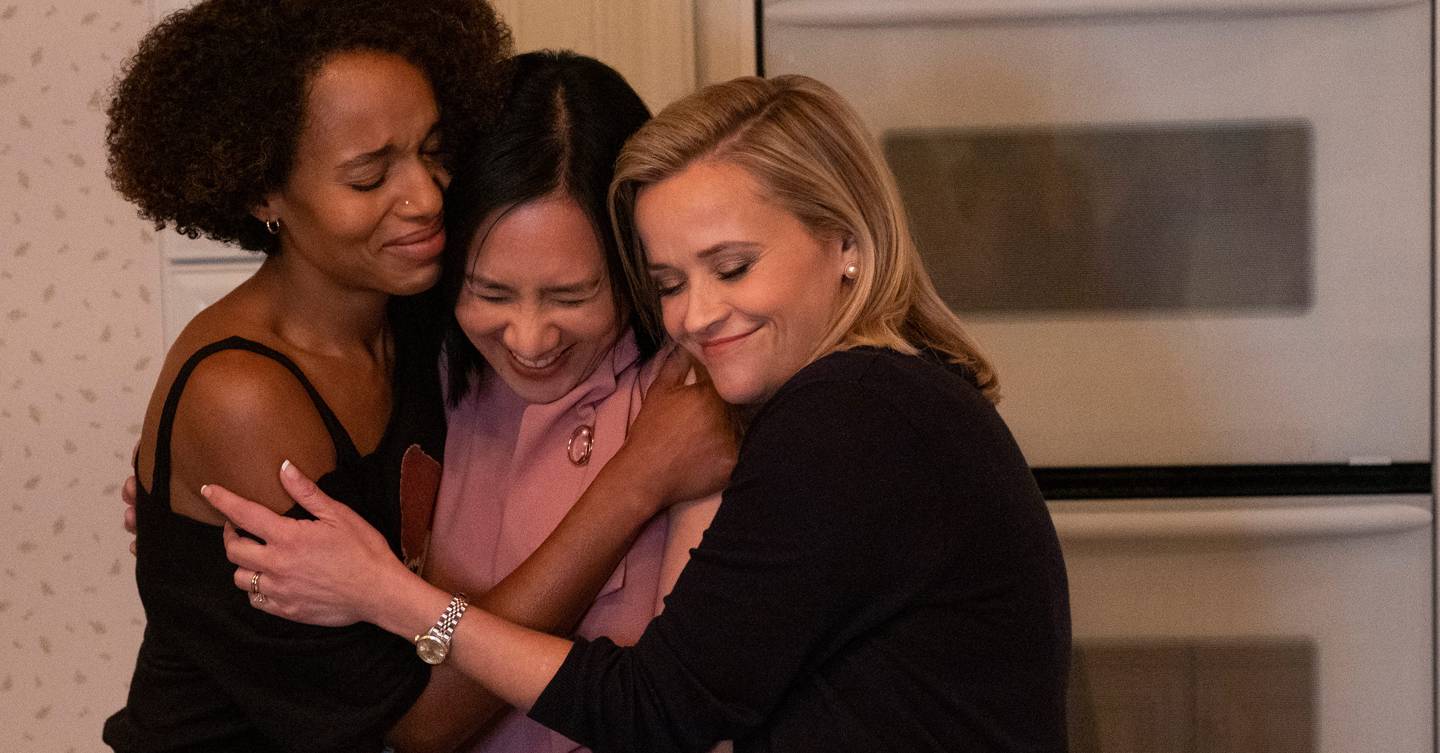In this Opinion piece, M Thandiwe Ntshinga, who lives in South Africa, writes about what she sees as racial disparities between black and white nurses in her country.
Behind the scenes of the Covid-10 pandemic in South Africa, not everyone in the medical field is playing their part in stopping the virus. In fact, our frontlines are racialized: while some white nurses are being excused from service, many black nurses have been expected to work.
I learned about the racialized frontlines in the country’s healthcare sector when I went into quarantine with a friend, Refilwe*, who is a Black nurse. Refilwe and I decided that since her grandmother, who lived at her house, had a pre-existing heart condition, that it would be best if Refilwe spent lockdown at my father’s farm.
Refilwe is a specialized surgical nurse who works at a private day hospital in South Africa’s Gauteng province. It was only after South African President Cyril Ramaphosa announced the national lockdown on March 26th that the hospital closed its doors. But in a bid to make its nursing staff useful, the hospital re-assigned nurses to other hospitals throughout the city that were admitting Covid patients. But Refilwe quickly noticed that her white co-workers— in a hospital with a majority-white medical staff— were not included in the roster. Instead, through the covert workings of white management, they all went on paid leave, to quarantine safely with their families.
Scared of being at the frontlines, Refilwe came back from work furious. She was upset at the blatant racial disparities that played out in front of her. Racism, which allowed “professionalism” and “serving your country” to become an ethos that only applied to Black nurses. To make things worse, nurses were not being offered testing for Covid-19.
In mid-April, Refilwe came home perplexed after the hospital where she usually worked had a stock-taking day that was mandatory for everyone. She sent me a picture of herself with a white colleague who she had not seen since the beginning of lockdown. Her white colleagues were suddenly back at work since paid leave days had been exhausted. Then, one white college let slip that the same group of white nurses who had not been working during lockdown were being rewarded for their general “good work ethic” prior to Covid-19; these white nurses were given an additional ten days of paid leave. This was supposed to be kept confidential and work rosters were shared privately.
Worldwide, anti-Black disparities in the health sector have been widespread. In an online interview with Ugandan News Network, NBS, a Ugandan student in China named Victoria spoke of specifically anti-African racism in the country where the outbreak originated. In her plea for intervention, Victoria explained how, amongst many other acts of racism, African passport holders were being denied health services by Chinese officials. Meanwhile, Nina Misuraca Ignaczak and Michael Hobbes delved into the disproportionate rates of infection in Black communities in the United States. There is also a persistent disregard for African lives in the African continent itself, where French researchers have suggested that the coronavirus vaccine be tested first, like the guinea pigs the western gaze has become accustomed to seeing us as.
For the past month, I’ve woken up at the same time as Refilwe in the mornings and enthusiastically welcome her back in the afternoons. We take precautions. There is hand sanitizer at the door that greets her as she enters the house and although I sometimes forget, she remembers not to hug me when she comes in. I do worry about Refilwe’s physical, mental and emotional wellbeing as she continues to work without the proper tools and equipment needed to fight this pandemic.
South Africa’s structural and institutional racism is now placing Black nurses in an ethical conundrum. Wanting to answer the call of duty, Black nurses like Refilwe honor the expectations that their profession places on them. But where do we draw the line between national service and exploitation?
*Name changed






